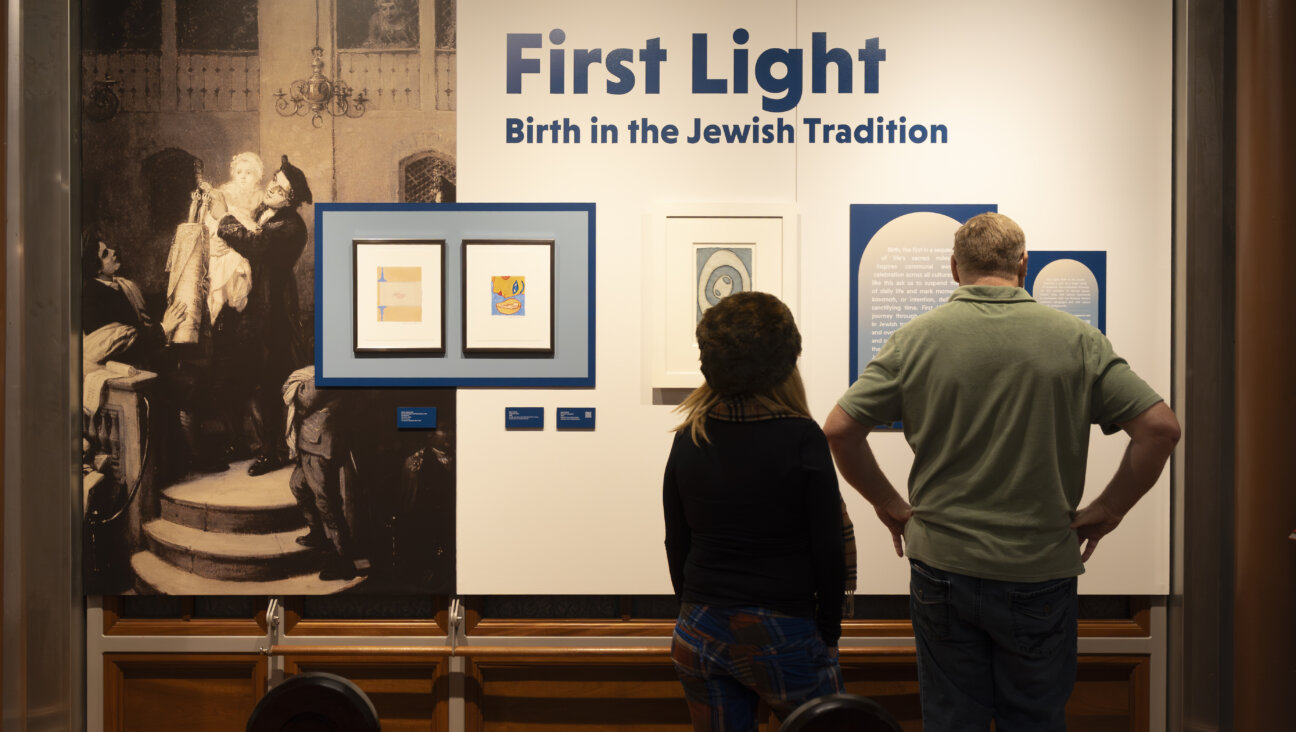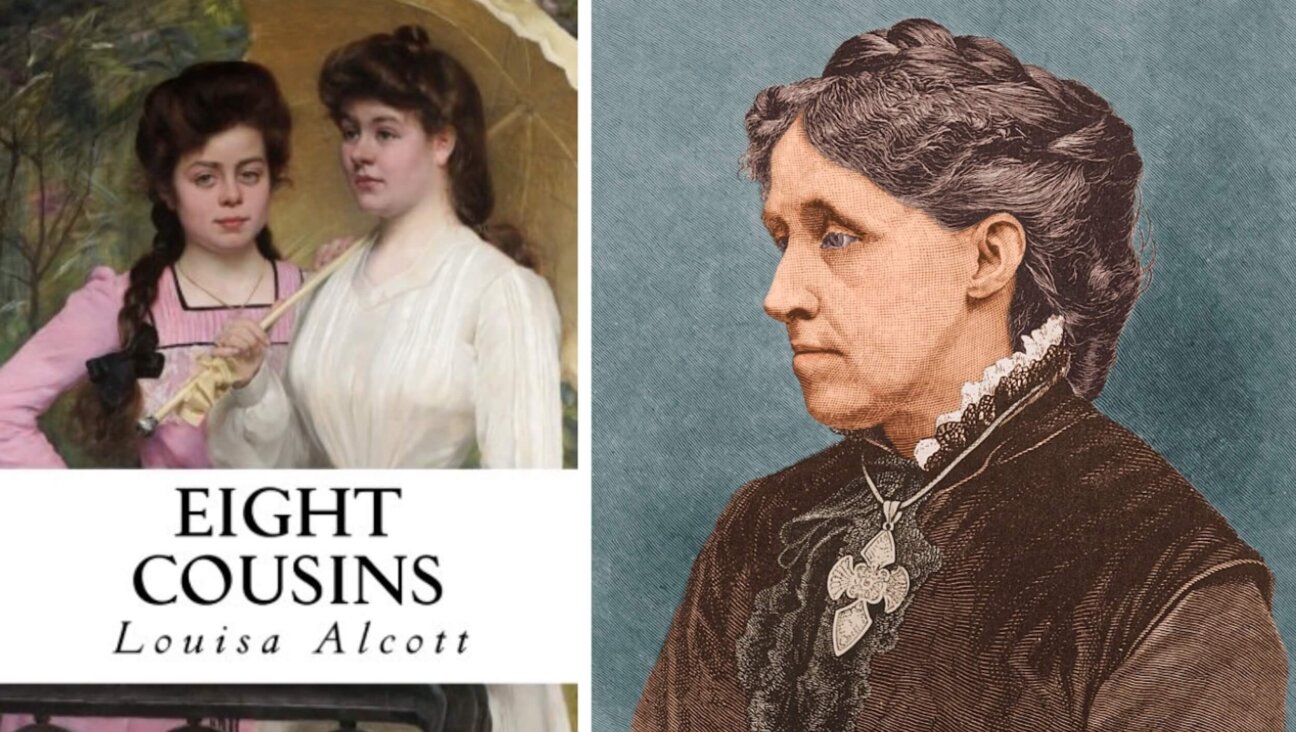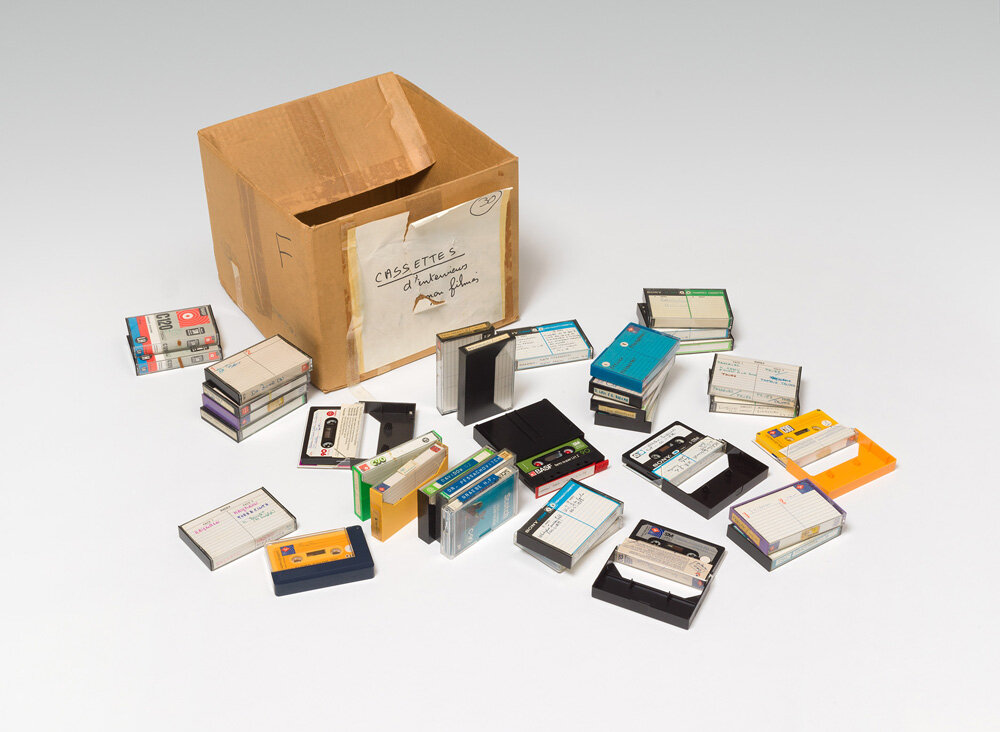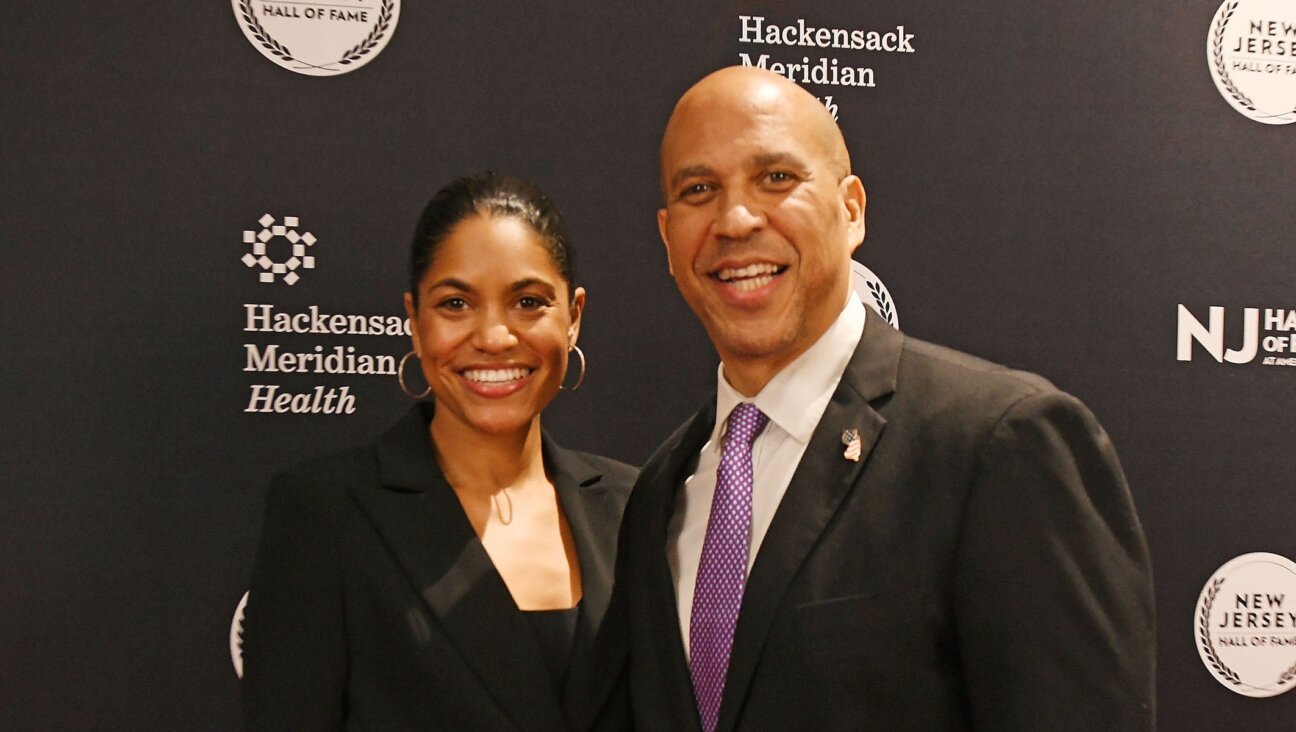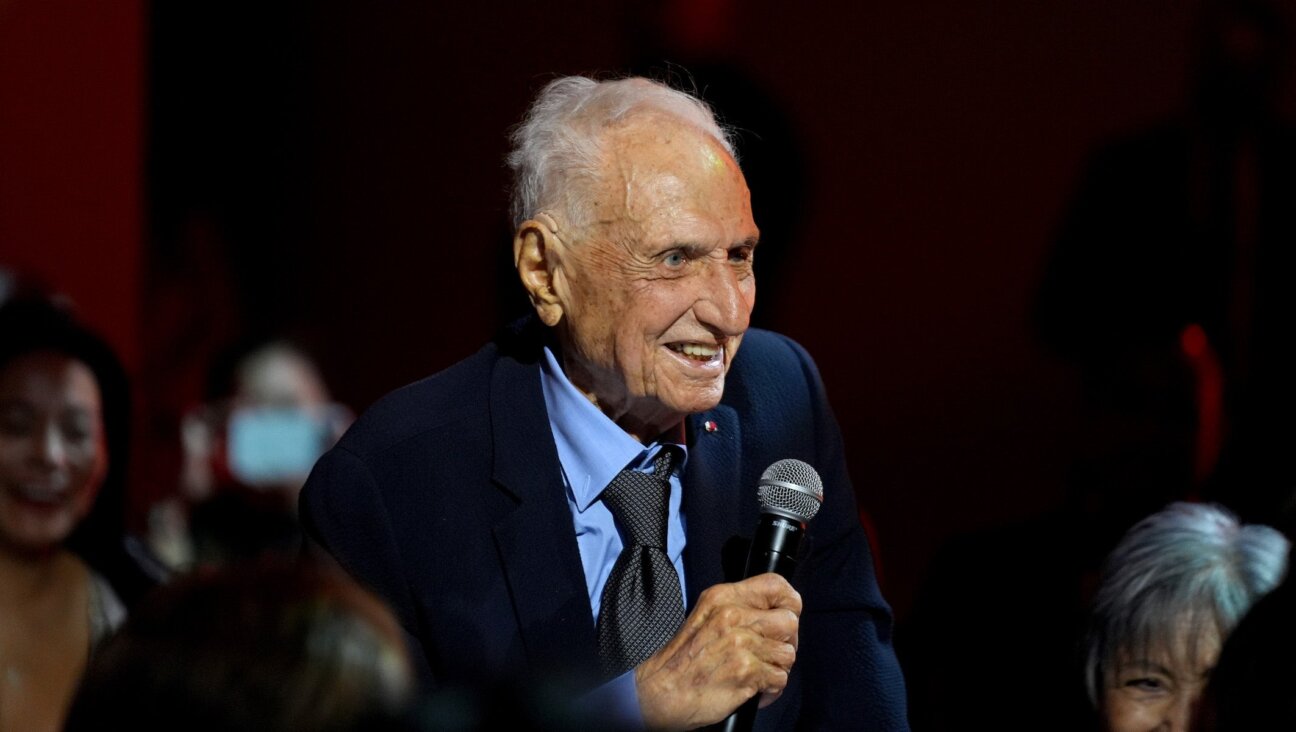June 11, 2004
100 YEARS AGO
• On a secluded farm in New Jersey, well-known Yiddish theater actor Morris Finkel shot and killed his wife, singer Emma Finkel, and then turned the gun on himself. Both Finkels were much beloved, and the entire Yiddish theater community has been deeply saddened by the tragedy. “The news simply took my head off,” said director Zigmund Mogulesko, “I would never have expected such a thing from Finkel, who was a quiet, happy person.” Finkel was said to have been depressed over his declining popularity in the Yiddish theater and over his increasing inability to get the starring roles he commanded 10 years prior. In addition to financial problems caused by the lack of work, it was known that Finkel and his wife had not been getting along.
75 YEARS AGO
• Shortly after Minsk resident Simkhe Grushki’s wife passed away, he decided to remarry. His second wife, however, wasn’t Jewish and the newlyweds’ plan to move to Birobidzhan, the new Jewish autonomous region, didn’t sit well with Grushki’s two young children, who were not interested in moving to Siberia. The plan evidently did not sit well with the few hundred religious Jews, either. They surrounded Grushki’s home, broke the windows and beat his wife, informing him that he couldn’t take his children with him to Birobidzhan. Local police intervened and arrested a number of the attackers. Minsk’s Yiddish newspaper, Oktyabr, investigated the case and had reported that local rabbis were responsible for the outburst.
• In Worcester, Mass., during the short-lived period of prosperity that followed the World War, a group of progressive Jews decided to found a synagogue called B’nai Jacob — but no one called it B’nai Jacob. Because of the founders’ political orientation, everyone, even the congregants, called it the Bolshevik Shul. Odd-sounding conversations occurred, such as, “Where are you going for Rosh Hashanah?” The answer? “To the Bolsheviks.” “Who leads the prayers at the synagogue?” “The Bolshevik Cantor.” “In what style do the Bolsheviks pray?” “In the Ashkenazi style.” But as prosperity faded, the Jews who belonged to the Bolshevik Shul were drawn back to the radical organizations they belonged to previously. There was talk about turning the synagogue into a Labor Lyceum, but before anyone knew it, local Hasidim had taken over the shul.
50 YEARS AGO
• Those who say that it is too quiet in the world of Yiddish theater are mistaken: If you go into the offices of the Hebrew Actors’ Union, it immediately becomes apparent that there is a great deal of noise. But unfortunately, it is not a joyful noise. More and more, Yiddish theaters are switching over to English, leaving Yiddish actors with fewer places to perform. There are plenty of actors and, certainly, a large audience, but theater managers are refusing to book Yiddish performances. The owners of the Second Avenue Theater, a former citadel of Yiddish theater, are in sales talks with Broadway owners. The National Theater, which specialized in Yiddish vaudeville, is the latest victim, having gone over to English performances.
